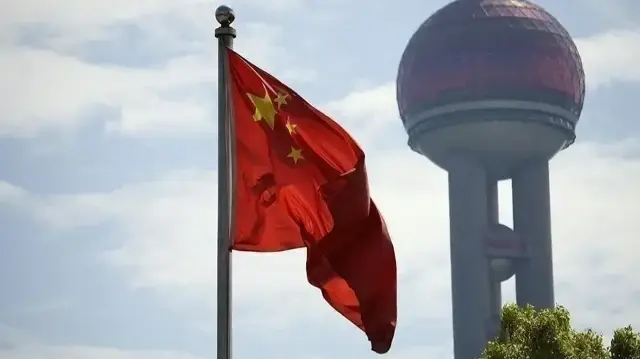China warns against military posturing after Canada-Philippines pact

Beijing criticized recent defense cooperation between Canada and the Philippines, saying military alliances that target third countries threaten peace and stability in the Asia-Pacific. The statement followed the signing of a Status of Visiting Forces Agreement between the two nations, enabling troop deployments and deeper military coordination.
China on Monday cautioned that displays of military strength and expanded defense alliances could undermine regional peace, a day after the Philippines and Canada formalized a new military cooperation agreement. The pact allows mutual troop deployments and closer defense coordination between the two countries.
Beijing urges restraint
Speaking at a press briefing in Beijing, Foreign Ministry spokeswoman Mao Ning said China believes defense partnerships “should not be directed at any third party or infringe upon others’ interests.” She added, “Flexing military muscle and provoking confrontation are not conducive to regional peace and stability.”
New defense deal between Manila and Ottawa
The Status of Visiting Forces Agreement (SOVFA), signed in Makati City on Sunday, was concluded following talks between Philippine Defense Secretary Gilbert Teodoro and Canadian Defense Minister David McGuinty. The deal represents the fifth such agreement for the Philippines, following similar accords with the US, Australia, Japan, and New Zealand.
Manila’s growing security network
Teodoro said the Philippines’ expanding network of defense partners exposes what he called “China’s true intentions,” according to local media. He accused Beijing of “seeking to extend its reach far beyond its borders,” urging China to “withdraw from the West Philippine Sea.”
Regional tensions continue to rise
Over the weekend, Teodoro also met with defense chiefs from the US, Australia, and Japan in Malaysia, voicing support for the creation of an Indo-Pacific Chiefs of Defense Cooperation Council. The diplomatic activity comes amid ongoing disputes in the South China Sea, where China claims sovereignty over nearly the entire area — a stance contested by several Southeast Asian nations, including the Philippines.
Advertisement







Comments you share on our site are a valuable resource for other users. Please be respectful of different opinions and other users. Avoid using rude, aggressive, derogatory, or discriminatory language.